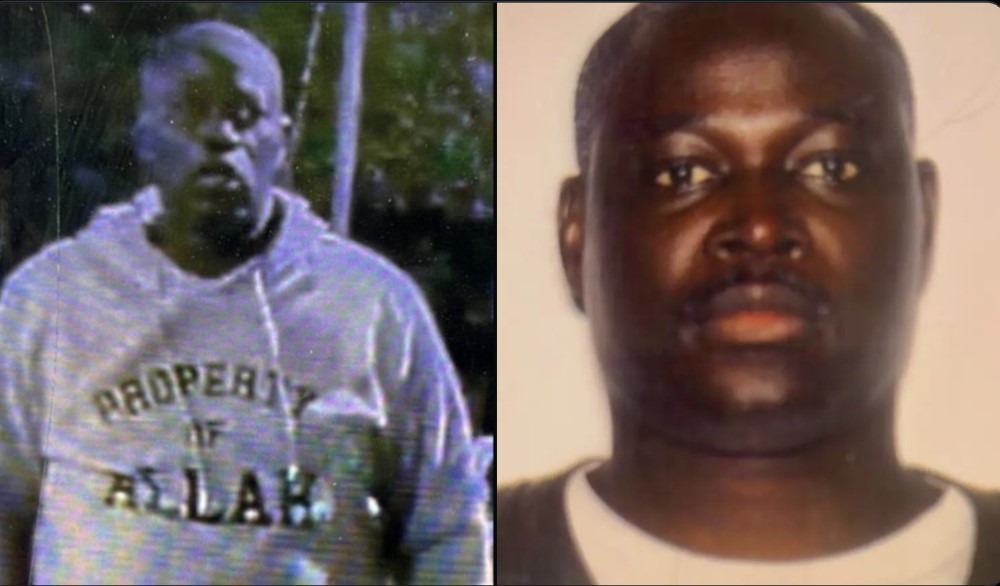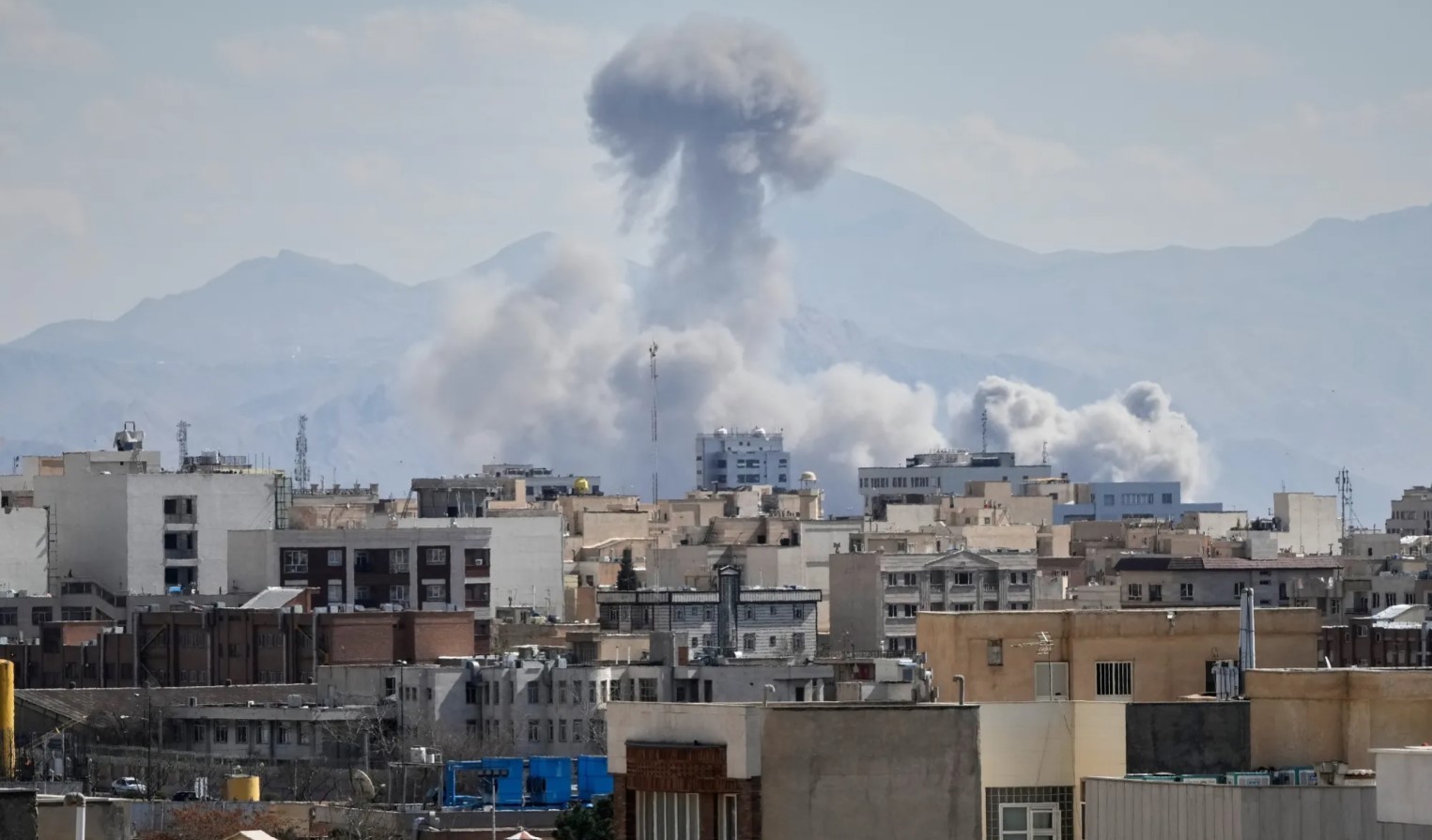What is Columbus Day and Why Did President Trump Say He Was "Bringing Back'?
Columbus Day is a U.S. federal holiday commemorating the landing of Christopher Columbus in the Americas on October 12, 1492. Traditionally observed on the second Monday of October, Columbus Day has evolved from a celebration of exploration into a flashpoint in America's culture wars, representing broader debates over history, identity, and national values.
Read more: Who Are The Native Americans: Culture, Traditions and Religions
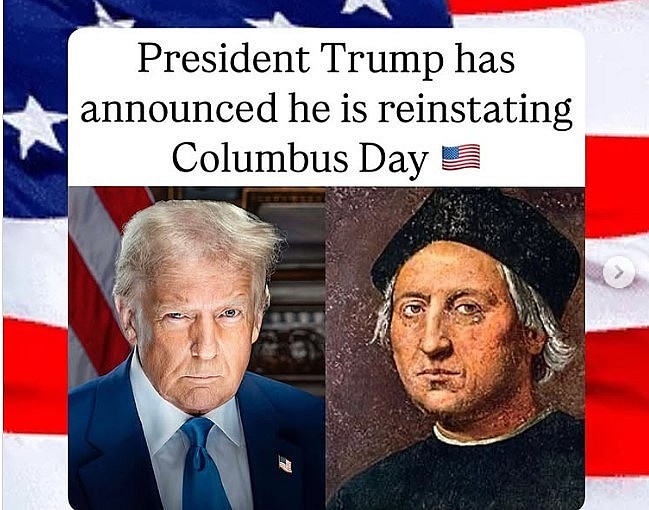 |
| Trump says he is bringing back Columbus Day, but it was never canceled |
The Origins and History of Columbus Day
Columbus Day's roots trace back to the late 19th century. Italian-American communities, facing widespread discrimination, embraced Columbus as a symbol of their contributions to American society. In 1892, President Benjamin Harrison encouraged a national observance of the 400th anniversary of Columbus's voyage as a unifying gesture. In 1937, after sustained lobbying by the Knights of Columbus, President Franklin D. Roosevelt officially declared Columbus Day a federal holiday.
For decades, the day was widely celebrated with parades, religious ceremonies, and civic events. Cities like New York, Chicago, and San Francisco became synonymous with grand Columbus Day parades, showcasing Italian-American pride and broader themes of exploration and ambition.
National Observance and Growing Divisions
While Columbus Day remains a federal holiday, its observance varies significantly across states and municipalities. Some states, such as South Dakota, have renamed the day to Native American Day, while others like Hawaii celebrate Discoverers' Day. In cities such as Los Angeles, Seattle, and Minneapolis, Indigenous Peoples' Day has largely replaced Columbus Day, reflecting a shift in public consciousness toward acknowledging the historical suffering of Native American communities.
Why Trump Said He Was "Bringing Columbus Day Back from the Ashes"
Donald Trump's claim that he was "bringing Columbus Day back from the ashes" was more symbolic than procedural. Legally, Columbus Day was never abolished as a federal holiday. However, its significance was eroding in cultural and civic life as more communities shifted focus to Indigenous Peoples' Day.
Trump’s statement was a response to what he saw as an attempt to rewrite or erase parts of American history. His administration consistently positioned itself against what it called "cancel culture" — efforts to remove or reframe historical narratives considered offensive by modern standards. Trump viewed the downgrading of Columbus Day as part of a broader cultural movement to undermine traditional American heritage.
In defending Columbus Day, Trump sought to uphold a narrative that celebrated exploration, courage, and the pioneering spirit that ultimately shaped the United States. For many of his supporters, Columbus represents a flawed but significant figure whose achievements changed world history and deserve recognition, even as the darker aspects of colonization are acknowledged.
The Symbolic Power of Columbus Day
At its core, Columbus Day is not just about Christopher Columbus the man, but about what he symbolizes: the Age of Exploration, the meeting of two worlds, and the roots of the modern Americas. For Italian-Americans, it remains a powerful emblem of overcoming discrimination and claiming a rightful place in American society.
Yet, for Native American communities and their allies, Columbus is a symbol of conquest, dispossession, and systemic violence. The movement toward Indigenous Peoples' Day aims to correct historical narratives that have long ignored Indigenous suffering and resilience.
Thus, the debate over Columbus Day is a battle over historical memory: Is America a nation defined by exploration and opportunity, or by conquest and oppression? In truth, it is both—and how the country chooses to remember reflects its evolving self-understanding.
The Ongoing Evolution of Columbus Day
Today, the United States presents a complex map of observances. Federal employees still receive the day off, and major cities like New York continue to hold iconic Columbus Day parades. Meanwhile, an increasing number of communities officially celebrate Indigenous Peoples' Day, focusing on education, cultural events, and historical reckoning.
Educational curricula are also shifting. Schools increasingly teach nuanced versions of Columbus's voyages, emphasizing both the spirit of discovery and the devastating impacts on Indigenous populations.
Conclusion
Columbus Day endures, but in a transformed cultural landscape. Trump's pledge to "bring it back from the ashes" was a call to preserve a traditional narrative at a time when many Americans are questioning and reframing their national story. Whether celebrated as a symbol of exploration, redefined to honor Indigenous resilience, or recognized for its complex legacy, Columbus Day continues to ignite crucial conversations about who Americans are, where they came from, and what values they choose to elevate.
FAQs About Columbus Day
What is Columbus Day?
Columbus Day is a federal holiday in the United States commemorating Christopher Columbus's landing in the Americas on October 12, 1492. It is traditionally celebrated on the second Monday in October.
Why is Columbus Day controversial?
Columbus Day is controversial because many believe it overlooks the negative impacts of European colonization on Native American peoples, including violence, disease, and displacement.
Is Columbus Day still a federal holiday?
Yes, Columbus Day remains a federal holiday, meaning federal offices close, although individual states and cities may choose not to observe it or to celebrate Indigenous Peoples' Day instead.
What is Indigenous Peoples' Day?
Indigenous Peoples' Day is an alternative holiday that honors the history, culture, and resilience of Native American peoples. It often replaces Columbus Day in certain states and cities.
Why did Donald Trump say he was "bringing Columbus Day back from the ashes"?
Trump's statement reflected his opposition to efforts that he saw as "erasing" traditional American heritage. While Columbus Day was never officially canceled, its prominence was declining in many communities, prompting Trump's symbolic defense of the holiday.
How do different states celebrate Columbus Day today?
Some states and cities continue to celebrate Columbus Day with parades and civic events, while others recognize Indigenous Peoples' Day or alternative holidays that reflect a different perspective on American history.
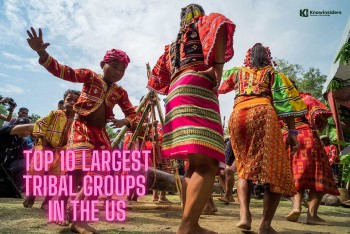 10 Largest Tribal Groups In The US Today By Population 10 Largest Tribal Groups In The US Today By Population Tribal groups have a long history in the United States. Which group has the most people? What is the size of this group? |
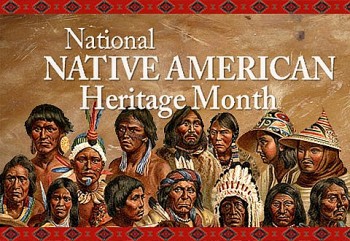 Native American Heritage Month: History, Significance, and Celebrations Native American Heritage Month: History, Significance, and Celebrations Native American Heritage Month is celebrated throughout the United States in November, recognizing the rich cultures, histories, and contributions of Native Americans. |
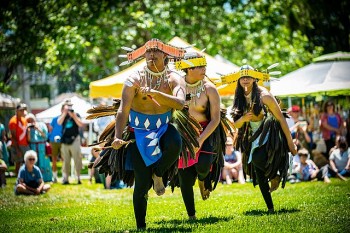 Unique California State Holidays: History, Significance & Festivities Unique California State Holidays: History, Significance & Festivities Explore California’s complete holiday calendar, featuring all state and federal holidays, their meanings, and how they are celebrated across the Golden State. |






